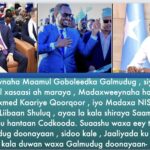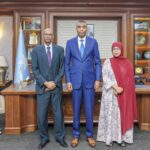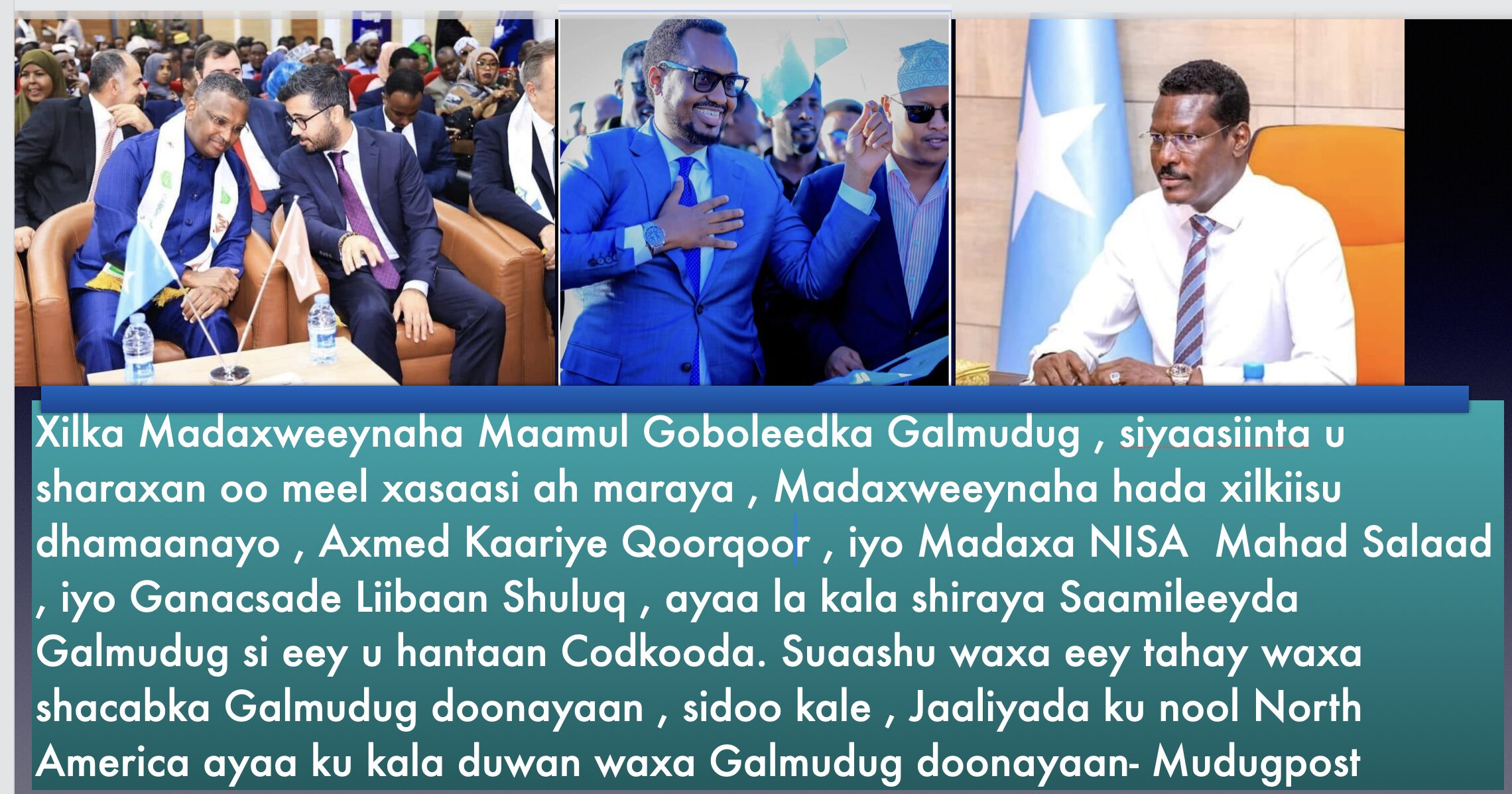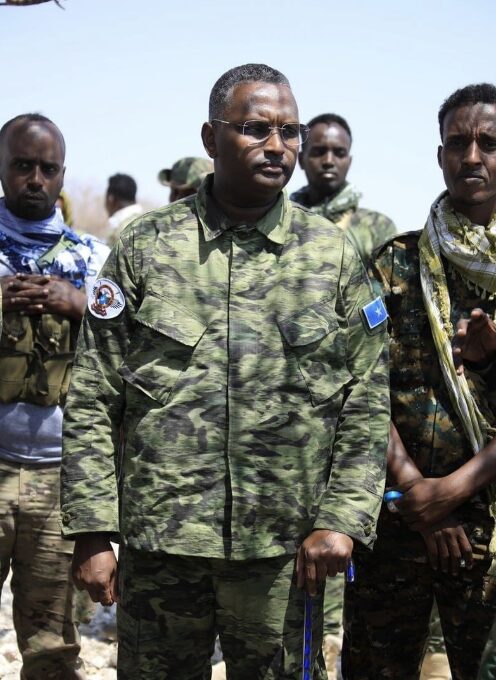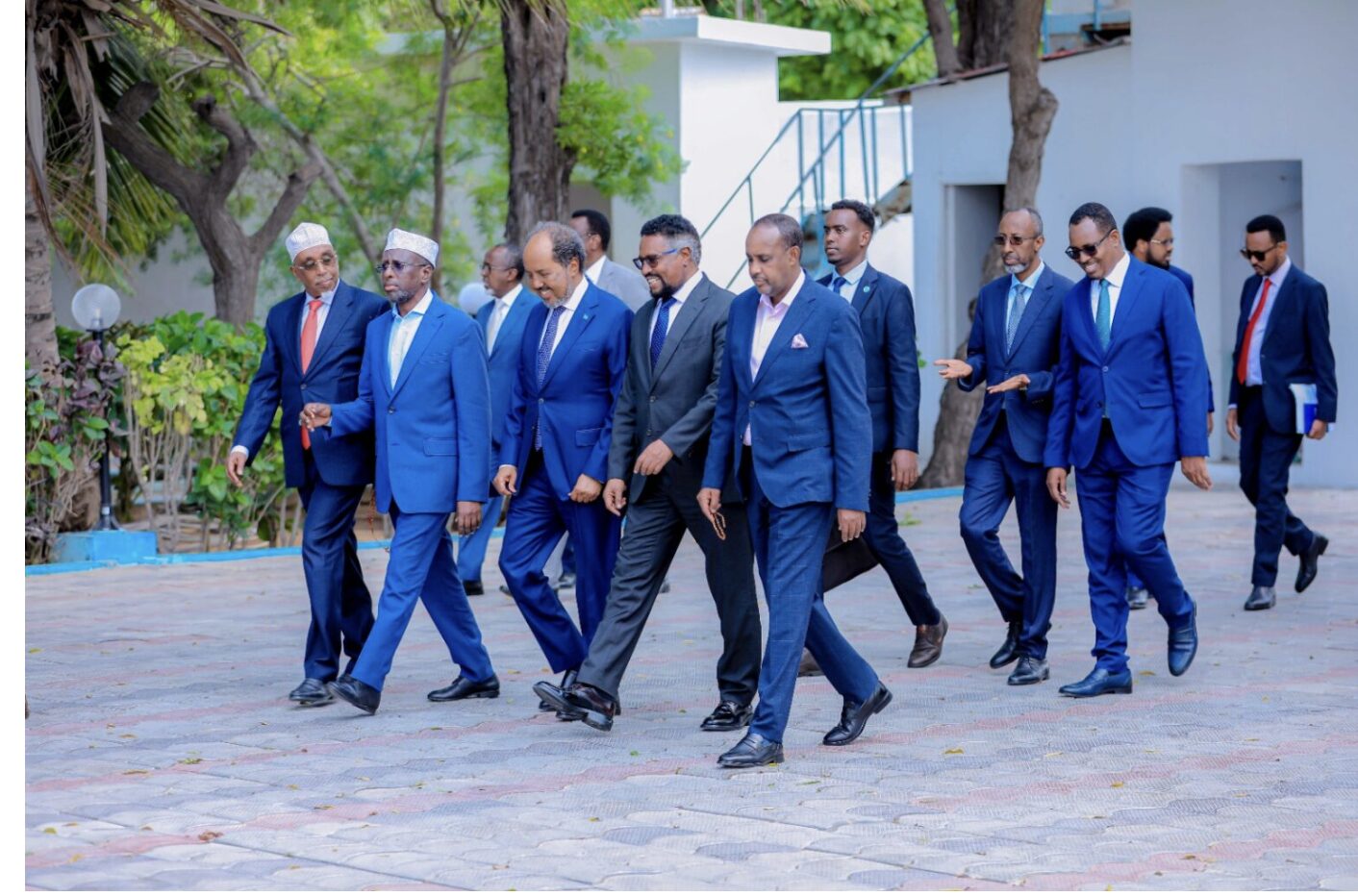Mogadishu, Somalia — In a bold diplomatic move, the Federal Government of Somalia has formally demanded the dismantling of the C6+ international coordination group, declaring that the era of transitional oversight in Somalia is over and no longer reflects the country’s current political reality.
In an official letter from the Ministry of Foreign Affairs, signed by State Minister Ali Omar, and addressed to the UN Special Representative to Somalia, James Swan, as well as all countries and entities involved in the group, Somalia asserted that the C6+ mechanism is outdated and no longer aligned with the country’s sovereign status and governance progress.
The C6+—formed during Somalia’s post-conflict transitional period after 2010—includes key international stakeholders such as the United States, United Kingdom, United Nations, African Union, European Union, IGAD, Ethiopia, Kenya, and Sweden. It was established to provide political guidance and coordination during a time when Somalia’s federal institutions were in their infancy.
The Somali government argues that the foundational conditions under which the C6+ was created no longer exist. The letter describes Somalia today as:
- A sovereign state with fully functional constitutional institutions,
- A growing democratic system,
- And a clear national vision centered on stability and development.
As such, the Ministry of Foreign Affairs insists that international engagement with Somalia must reflect this evolution, calling the continuation of C6+ involvement “anachronistic” and in conflict with the principles of sovereignty and self-determination.
“Somalia is no longer in a transitional phase. We are a sovereign nation with legitimate institutions. Our international partnerships must reflect that reality,” the Ministry stated.
The government emphasized its readiness for full and equal cooperation with international partners, but on official, government-to-government terms, not through “legacy structures from a past era.”
The timing of this statement is significant. President Hassan Sheikh Mohamud’s administration is entering the final year of its mandate, while pressure is mounting both internally and externally regarding electoral processes, national dialogue, and political reconciliation.
This move also comes against the backdrop of rising tensions between Villa Somalia and some key international actors, especially the United States and the UK, amid disagreements over political priorities and institutional reforms.
Earlier this year, the Somali government also requested the closure of the UN’s Political Office in Somalia (UNSOM)—another indicator of its drive to assert full control over the country’s political roadmap.
Diplomatic insiders suggest that the Somali government’s decision to reject the C6+ structure followed growing frustration with what it perceives as foreign interference in domestic affairs, particularly in relation to ongoing national reconciliation efforts and upcoming political conferences—some of which the opposition has already boycotted.
The government’s message is clear: Somalia will no longer accept being treated as a political project under international trusteeship. Instead, it seeks a recalibrated partnership—one that respects its sovereignty while continuing mutual cooperation.
If the international community heeds Somalia’s call, this could lead to a major shift in how foreign aid, diplomatic coordination, and political engagement are structured in the country. But if rejected or ignored, it could widen existing rifts between the Somali government and major donors at a sensitive time.
Observers believe the Somali government’s next move will be showcased at the upcoming National Dialogue Conference convened by President Hassan Sheikh—a gathering already marred by opposition boycotts and rising political uncertainty.
As Somalia continues its push to reclaim full sovereignty on the global stage, the question now is whether its international partners are willing to adapt—or risk a reset in one of the most complex diplomatic theaters in East Africa.


